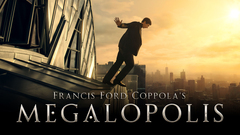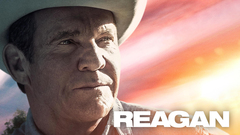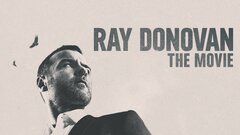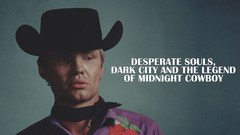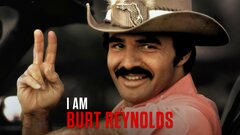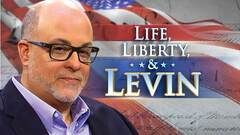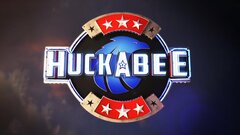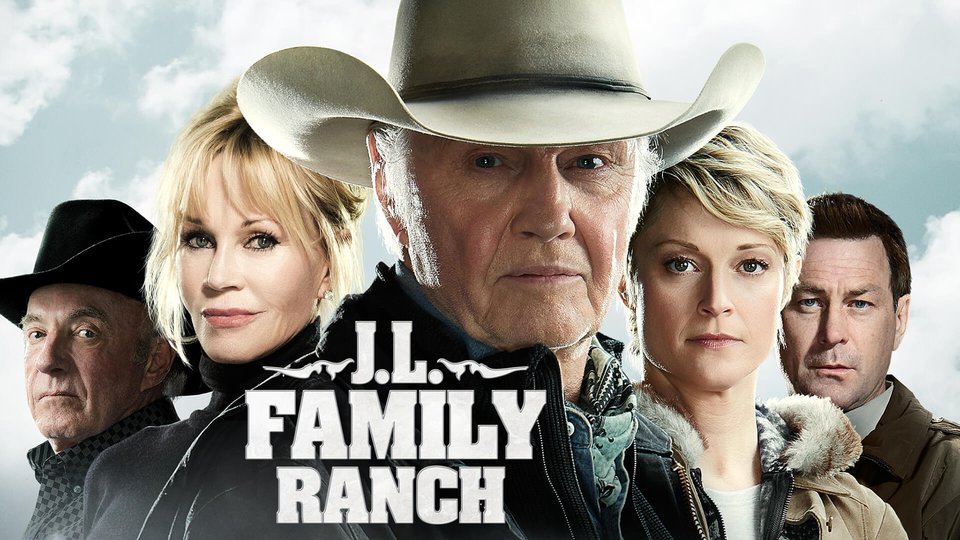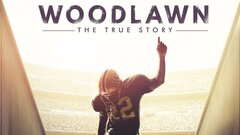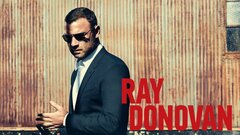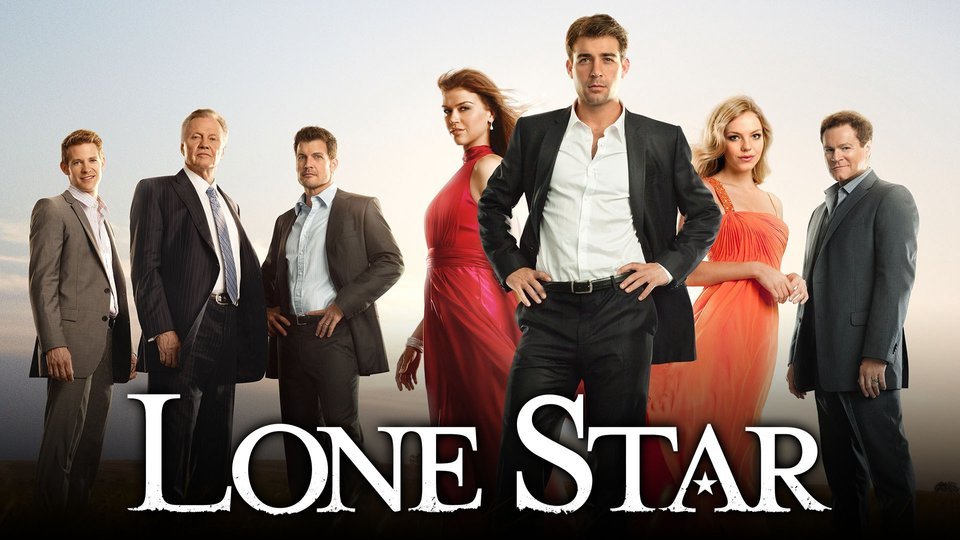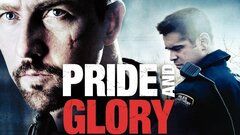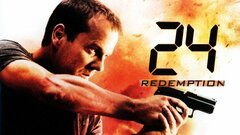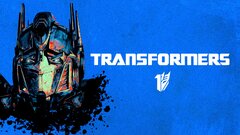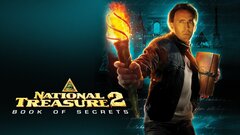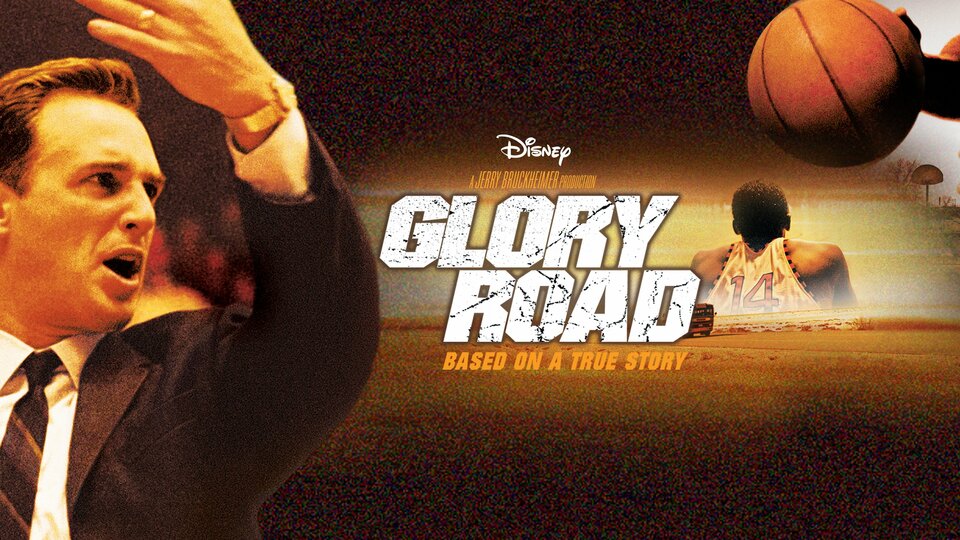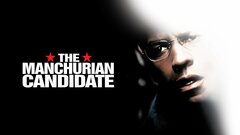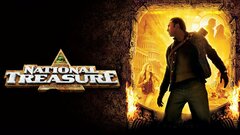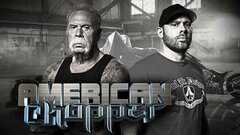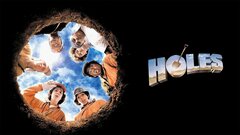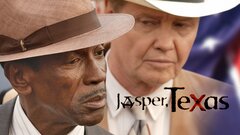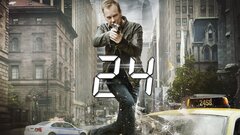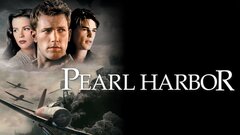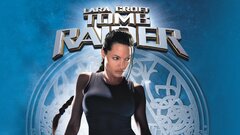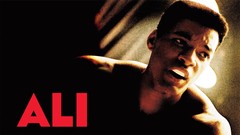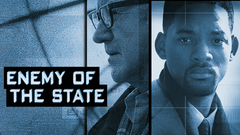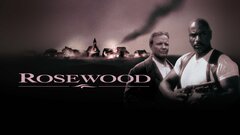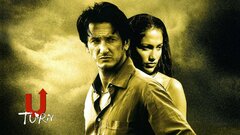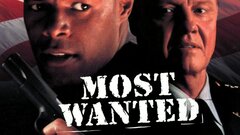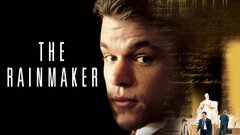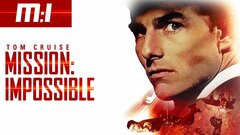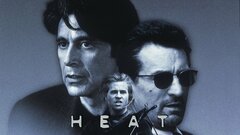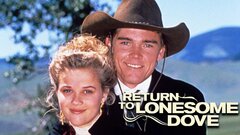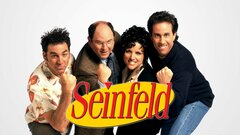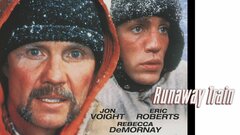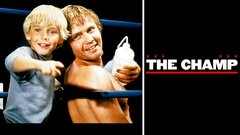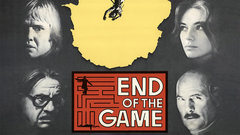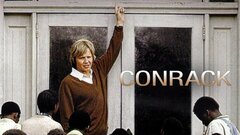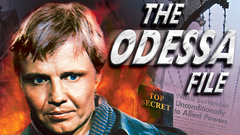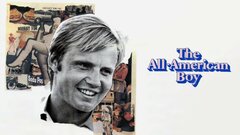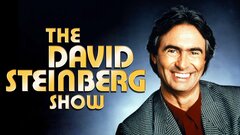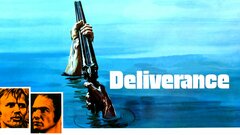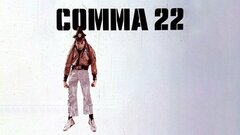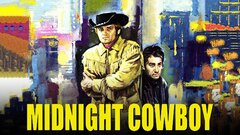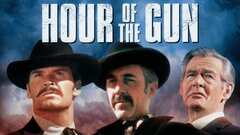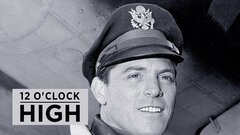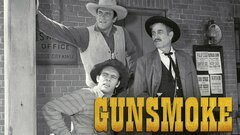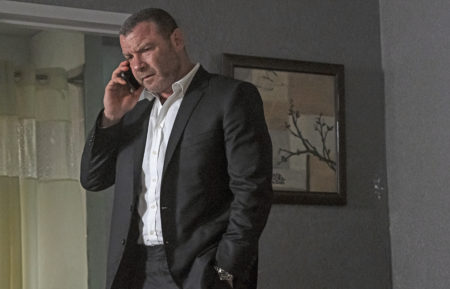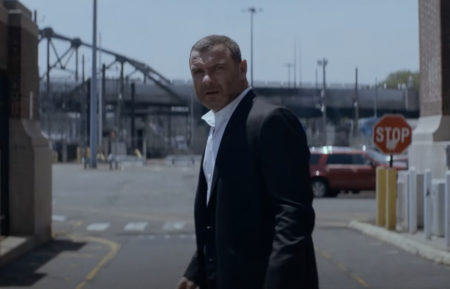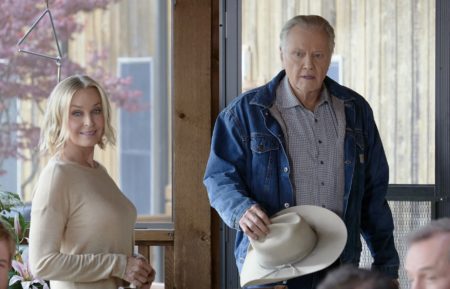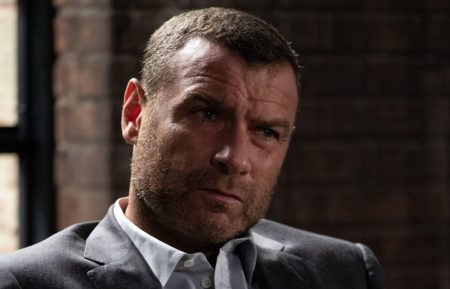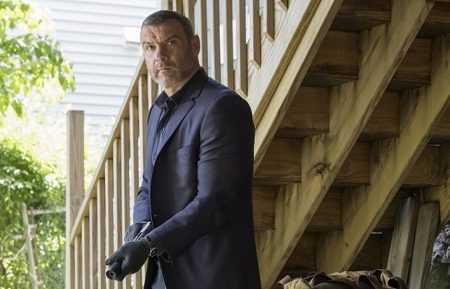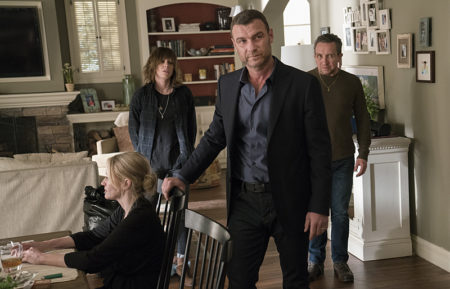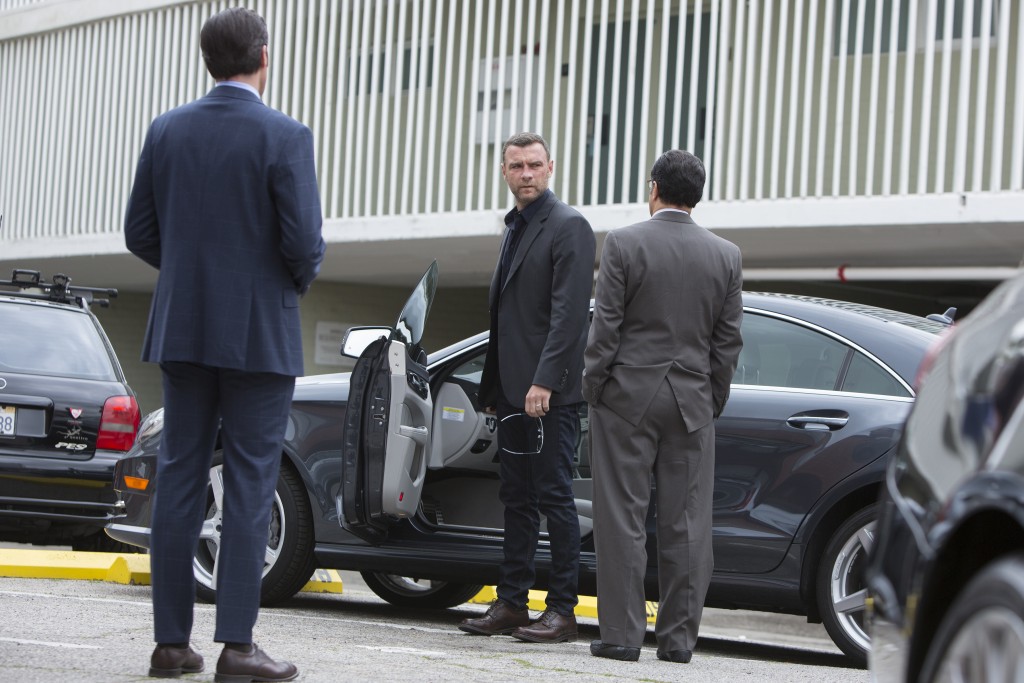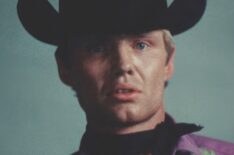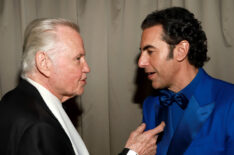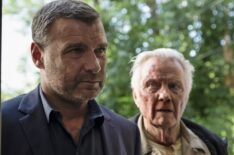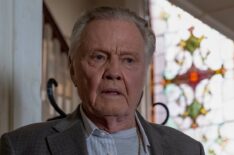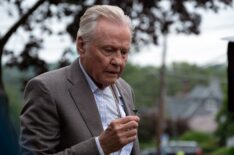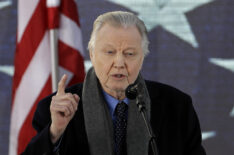Ever since he made his way into the American consciousness with his Oscar-nominated portrayal of Joe Buck, the naïve Texan-turned-New York City hustler in "Midnight Cowboy" (1969), actor Jon Voight was associated with the angst and unruliness that typified the late-1960s counterculture. Prior to his breakthrough role, Voight had earned acclaim as a gifted performer on both stage and screen. But once he came into his own, the actor went on to star in some of the most important works of cinema being made by the New Hollywood of the 1970s.
Following a supporting turn as the wheeling-dealing Milo Minderbinder in "Catch-22" (1970), he gave a sensitive portrayal of the intellectual Ed in the seminal "Deliverance" (1972). But it was his Academy Award-winning turn as an injured Vietnam veteran looking to heal both spiritually and physically in "Coming Home" (1978) that cemented his place in cinema history. Though he faltered a bit during the first half of the 1980s, Voight re-emerged with another award-worthy performance; this time playing a brutal escaped convict in "Runaway Train" (1985), which helped take his career in a new direction. He reached blockbuster status with supporting roles as various bad guys in "Mission: Impossible" (1996), "Enemy of the State" (1998) and "Varsity Blues" (1999), while earning more acclaim for his portrayal of sportscaster Howard Cosell in "Ali" (2001) and President FDR in "Pearl Harbor" (2001).
Despite some bad press regarding his well-known estrangement with daughter and superstar Angelina Jolie and a hard right-turn into national politics, Voight nonetheless remained one of the more respected actors of his generation.
Born on Dec. 29, 1938 in Yonkers, NY, Voight was raised by his father, Elmer, a Czechoslovakian immigrant who became a professional golfer, and his mother, Barbara, a substitute teacher. Voight first developed a taste for acting while attending Archbishop Stepinac High School, where he played Puck in a school production of Shakespeare's "A Midsummer's Night Dream." After graduating in 1956, he continued acting in school productions while earning a bachelor of fine arts degree from The Catholic University of America. He earned his art degree in 1960 and headed to New York City, where he studied acting at the Neighborhood Playhouse School of the Theatre with the famed Sanford Meisner.
While still a student, Voight made his off-Broadway debut in "O Oysters Revue" (1961), which was soon followed by his first-ever Broadway performance playing Nazi-sympathizing teen Rolf Gruber in "The Sound of Music" (1961). Turning to the small screen, he landed several episodes of "Gunsmoke" (CBS, 1955-1975) while appearing as a guest star on "Naked City" (ABC, 1958-1963) and "Twelve O'Clock High" (ABC, 1964-67).
In 1964, Voight made his feature debut in "Fearless Frank," an independent crime comedy that was shot that year, but not released in the United States until 1969. He played a hayseed newly arrived in Chicago who runs afoul of local gangsters - a role oddly prescient of Joe Buck. Back on the stage, he starred alongside Robert Duvall in an acclaimed off-Broadway revival of Arthur Miller's "A View from the Bridge" (1965), where he met future "Midnight Cowboy" co-star Dustin Hoffman, then returned to the Great White Way for a production of "That Summer, That Fall" (1967).
Following a small role in the Western "Hour of the Gun" (1967), Voight burst into public awareness with his Academy Award-nominated turn as Joe Buck, a naive, blue-eyed Texan who comes to conquer New York City with his sexual prowess, in John Schlesinger's "Midnight Cowboy" (1969). But when confronted with the harsh realities of the Big City after befriending a gimpy grifter with tuberculosis name Ratzo Rizzo (Hoffman), Buck's cheerfully naïve attitude fades into pathetic desperation. His only redemption comes when he sacrifices his dreams to help Rizzo realize his own. A huge critical and financial hit despite its now-rescinded X-rating, "Midnight Cowboy" was latched onto by the late-1960s counterculture, which saw themselves in the lost souls onscreen. Voight was launched into superstardom while earning an Academy Award nomination for Best Actor in a performance that was remembered decades later as being the one that defined his career.
Building on his newfound stardom, Voight proved himself a consistent craftsman in roles like the well-meaning, but misguided misfit of "The Revolutionary" (1970) and the scheming provisions officer Milo Minderbinder in Mike Nichols' adaptation of Joseph Heller's literary classic, "Catch-22" (1970). Minderbinder, who made his fortune wheeling and dealing in the black market, was a rare foray into villainy for an actor whose sensitive, intellectual Ed could hold his own with Burt Reynolds' compellingly macho Lewis in John Boorman's "Deliverance" (1972), though it was Reynolds who received the better press.
Voight turned in another gem as a white schoolteacher who changes the lives of his black pupils on an isolated island off the coast of South Carolina in Martin Ritt's sentimental "Conrack" (1973), which he followed by starring as a German journalist hot on the trail of an elusive former Nazi and SS officer (Maximilian Schell) in the international suspense thriller "The Odessa File" (1974). Traveling to Europe for his next film, Voight delivered another fine performance as an idealistic detective in Schell's compelling psychological thriller, "End of the Game" (1976).
Timing is everything in life, and with the wounds from the Vietnam War still fresh, Voight was primed for what many considered to be the best performance of his career, playing a maimed vet who falls for an officer's wife (Jane Fonda) in Hal Ashby's "Coming Home" (1978). The film, which paired screenwriter Waldo Salt and producer Jerome Hellman for the first time since "Midnight Cowboy," provided Voight a terrific part as Luke Martin, the once gung-ho Marine, now paralyzed, who overcomes his psychic wounds to help others in the same situation. The actor personified a shattered nation coming to terms with the legacy of the Vietnam War; in the process creating a stronger male identity for himself. He also reached the apex of his acting career, winning the Academy Award for Best Actor.
Unfortunately, as the decade wound down, Voight was no longer considered a valuable commodity by a new generation of filmmakers and studio heads. Certainly, his choice of material failed to help. He was too intelligent for the dumb pug in Franco Zeffirelli's maudlin remake of "The Champ" (1979), while he fared worse in a reunion with Ashby on "Lookin' to Get Out" (1982), which marked the film debut of daughter Angelina Jolie.
Meanwhile, the sentimental soap opera "Table for Five" (1983), in which Voight played a father trying to establish some rapport with his estranged children, ultimately failed at the box office because of its lack of edge. Just five years removed from his Oscar win, the actor clearly found himself adrift and in desperate need of a success. But Andrei Konchalovsky's relentless thriller "Runaway Train" (1985), featuring a screenplay by legendary Japanese director Akira Kurosawa, marked a turning point in Voight's career. Having seen and admired the director's "Siberiade" at Cannes in 1979, he was instrumental in getting Konchalovsky to work in the West and earned his third Best Actor Oscar nomination as the brutal and frightening escaped convict Manny, a far cry from his nice-guy parts of the past. With face distorted by make-up, Voight went out on the edge with his non-stop risk-taking, creating an unforgettable, over-the-top character that was a precursor for work to come.
He followed up with another solid performance, playing an insensitive, alcoholic World War II hero who has been reduced to working at a gas station in the period drama, "Desert Bloom" (1986).
The typically selective Voight took what turned out to be an eight-year hiatus from features in order to bring his talents to the small screen. Working on projects in which he had more of an interest, he portrayed Dr. Robert Gale, who in 1986 flew to the Soviet Union to aid those affected by radiation poisoning in "Chernobyl: The Final Warning" (TNT, 1991). Long known as a champion of indigenous people, particularly the Hopi Indians, Voight gave an award-winning performance in "The Last of His Tribe" (HBO, 1992), playing real-life anthropologist Alfred Kroeber, who discovered the last surviving member of a small Indian tribe (Graham Greene) in pre-World War I California. The actor earned a CableACE Award for Best Actor in a Movie or Miniseries.
With his star on the rise again, Voight succeeded Tommy Lee Jones as Woodrow F. Call for the sequel "Return to Lonesome Dove" (CBS, 1993) while also poking fun at himself in a memorable episode of "Seinfeld" (NBC, 1989-1998), in which he bites Kramer's (Michael Richards) arm as he is getting into a taxi.
After dipping his toe into directing waters with the Showtime kid's movie "The Tin Soldier" (1995), Voight returned to the big screen with a strong supporting role as a professional thief in Michael Mann's "Heat" (1995), a critically praised crime story starring Al Pacino and Robert De Niro, which opened the door for a veritable flood of high-profile character turns. He assumed the Jim Phelps role from Peter Graves for Brian De Palma's update of the 1960s television classic "Mission: Impossible" (1996), only his version of the character wound up being the chief antagonist to Ethan Hunt (Tom Cruise).
In his next project, Voight was effective in John Singleton's "Rosewood" (1997) as a man profoundly torn between his affection for his black neighbors and his need to maintain his standing with his fellow whites. He also contributed a small role as a wily, blind Indian to Oliver Stone's "U-Turn" (1997), chewed the scenery as the evil poacher in "Anaconda" (1997), and delivered a smooth, sinister performance as a big-time lawyer representing a shady insurance firm in Francis Ford Coppola's adaptation of "John Grisham's 'The Rainmaker'" (1997).
Maintaining a strong and steady presence on the big screen, Voight reunited with Boorman for "The General" (1998), a fine black-and-white picture which featured the actor - complete with believable Irish accent - as a policeman in pursuit of Celtic super-criminal Martin Cahill (Brendan Gleeson). Adding two more portraits to his rogues' gallery, he portrayed a ruthless National Security Agency official in "Enemy of the State" (1998) and a win-at-all-costs Texas high school football coach in "Varsity Blues" (1999).
Voight next grew his hair long to play the venerable ancient mariner of the biblical Genesis in the miniseries "Noah's Ark" (NBC, 1999), only to cut it all off for his uncanny portrayal of President Franklin D. Roosevelt in Michael Bay's "Pearl Harbor" (2001). Adopting a British accent, he was seen in a quasi-fantasy sequence as Lord Croft, the missing father of the titular "Lara Croft: Tomb Raider" (2001), portrayed by real-life daughter Angelina Jolie. Prior to their onscreen together time, Voight had long been estranged from his daughter due to issues she and her brother, James Haven, had had with his separation from their mother, Marcheline Bertrand.
The two attempted reconciliation before filming the movie and it lasted briefly. But the following year, during Jolie's divorce from Billy Bob Thornton and adoption of a Cambodian-born son, Voight made the critical mistake of going on "Access Hollywood" (syndicated, 1996- ), where on camera, he stated that his daughter had "serious mental problems." Subsequently, Jolie broke off her relationship with her father, refused to let him see his new grandson; even went so far as to say that having a relationship with him was unhealthy. This estrangement would last little over eight years, during which time Voight would make the occasional tearful on-camera plea to Jolie to let him back in her life, as well as her ever-growing brood with Brad Pitt.
Despite the personal setback, Voight continued to work, becoming virtually unrecognizable under prosthetic to deliver an Oscar-nominated turn as sportscaster Howard Cosell in the Michael Mann-directed biopic "Ali" (2001), starring Will Smith as The Greatest. Though the film took some liberties in the real-life relationship between the television star and the boxer, Voight's characterization provided a true-to-life emotional core to the film. That same year, the actor turned up on the small screen in the acclaimed miniseries "Uprising" (NBC, 2001), for which he received a 2002 Emmy nomination.
Enjoying his in-demand status - even as his relationship with Jolie self-destructed in a series of on-camera pleas, confrontations and accusations - Voight continued to work steadily on television in the made-for-television movies "Second String" (TNT, 2002) and "Jasper, Texas" (Showtime, 2003). Alternating back to feature films, he had a prominent role in the family friendly sleeper hit "Holes" (2003), based on the best-selling young readers' book, in which he played Mr. Sir, the overseer of a bizarre children's correctional center. Refusing to play to caricature, Voight added both edge and depth in his scenes with star Sigourney Weaver.
In 2004, Voigt was part of the stellar cast assembled by director Jonathan Demme for the remake of the conspiracy classic "The Manchurian Candidate," with the actor playing a highly moral politician who uncovers a plot to plant his daughter's ex-paramour (Liev Schreiber) as a sleeper agent in the White House. That same year, he co-starred in director Bob Clark's "Superbabies: Baby Geniuses 2" (2004), the sequel to Clark's unlikely smash hit, "Baby Geniuses" (1996), which he followed with a turn as Patrick Gates, father to archeologist Benjamin Franklin Gates (Nicolas Cage), in "National Treasure" (2004).
Voight next delivered one of his most acclaimed small screen performances, playing the title role in the miniseries "Pope John Paul II" (CBS, 2005), which earned him an Emmy Award nomination for Outstanding Lead Actor in a Miniseries or Movie. After playing the U.S. Secretary of Defense in "Transformers" (2007) and reprising the elder Gates for "National Treasure: Book of Secrets" (2007), he starred in "September Dawn" (2007), which examined the 1857 Mountain Meadow Massacre. On the small screen once more, he had a recurring role as Jonas Hodges, head of a private security firm, during season seven of "24" (Fox, 2001-2010).
Fitting right in with the Jack Bauer crowd, Voight turned tail from his counterculture association of the 1960s-70s when he penned an op-ed for the right-wing Washington Times, in 2008, in which he denounced his youthful anti-war activism as "Marxist propaganda." The actor delved into the national political scene when he endorsed former New York City Mayor Rudy Giuliani's bid for the presidency, even going so far as to say that God had sent the mayor to clean up the once-crime ridden city. Once Giuliani's campaign crashed and burned, Voight threw his support behind Republican candidate John McCain, while denouncing Barack Obama in another Washington Times screed, claiming the eventual president was sowing the seed of socialism while the Democratic Party was brainwashing the youth of America.
Turning his newfound political stride into a creative endeavor, he starred alongside fellow Hollywood conservatives Kelsey Grammer, Dennis Hopper and James Woods in the satirical comedy "An American Carol" (2008), which lampooned American culture in general and Hollywood specifically. The movie was both a critical and financial bust. Meanwhile, in February 2010, Voight was back in the tabloid pages again when an apparent reunion with Jolie in Venice was captured by photographers. Happy to see his grandchildren, Voight was more conciliatory toward his daughter than the last time the two reconciled; no doubt knowing what the consequences would be should he publicly speak of her again. The fact that Jolie's beloved mother and Voight's ex-wife, Marcheline Bertrand, had recently died of cancer in 2007 spoke to the nature of forgiveness and family and was rumored to be one of the reasons Jolie reached out to him at long last.
Voight returned to television in the critically-acclaimed but short-lived detective series "Lone Star" (Fox 2010), followed by a strong supporting turn in the family drama "Ray Donovan" (Showtime 2013- ) as Mickey Donovan, the unstable ex-con father of the protagonist, played by Liev Schreiber. In between, Voight starred in the thriller "Beyond" (2012) with Teri Polo, the chase film "Getaway" (2013) with Ethan Hawke, and as vampire hunter Van Helsing in the fantasy "Dracula: The Dark Prince" (2013).





